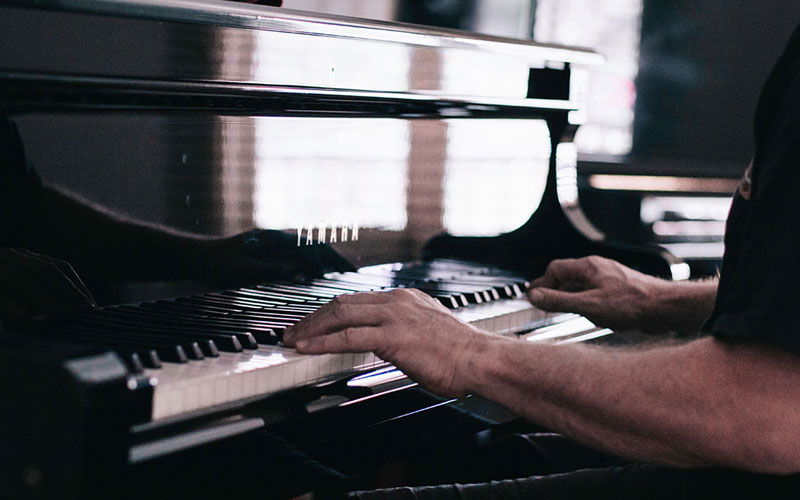Every part of a piece is arguably always subject to constant improvement. However, fine pianists practice the “right” parts of a piece every time. They know which passages to practice – They do not just practice the same passages over and over again!
The “Right” Passages to Practise
Which are the right passages? I hear you ask. These are the passages that the pianist does not feel comfortable with while performing a piece; the parts that need improvement.
A very common practising mistake is that, regardless of technical difficulty, some pianists have a tendency to play the passages they enjoy the most repeatedly. That means that some parts develop to sound better, while other passages are left behind to deteriorate. And not surprisingly, the parts that have not been practiced enough sound the worst in the concert venue. Remember, we haven’t played Liszt’s B minor sonata, until we have played its last note; well, with some sense of musical continuity from the previous part, of course.
Thus, wait until you have finished a piece before bragging about your triumph of playing it. Sorry to break the news. However, you can lie to yourself and to your friends as much as you like about this and that sonata you have allegedly played. It doesn’t matter.
Improve This Page or Move to the Next One?
Now, should we move to the next page, or continue improving the previous pages of our piece until they are ready? Move to the next pages of your piece as soon as possible; that goes without saying. There is no reason to improve to perfection a passage, while other passages have not even been touched yet. We have to try and learn the entire piece progressively and as smoothly as possible. I’m sure that sometimes you have noticed in concerts, that even though the beginning of a piece sounds great, as the time passes the piece sounds worse. Clearly, that was the result of the pianist spending too much time practising certain passages. Remember that perfecting a passage, per se, is an impossible task. It’s like in life, where nothing can really be perfected. The same applies to a piece of music, especially if you haven’t learned the notes to the next passage.
We should also try to play hands separately, as often as possible, especially for contrapuntal music. O course, practising hands together is a very useful thing to do since we can always improve our sight-reading if a piece is new. But if we are not as impatient, by practising separately we can observe some interesting things that happen in our left and right hand pasages without even realizing them. For instance, the harmonic progression of a left-hand passage can make us appreciate the right hand more. Bach’s music, for instance, often has a contrapuntal nature, so it advisable to play separately in order to indulge in the beautifully different voices and textures.
=======
Copyright © 2009 by Nikos Kokkinis


